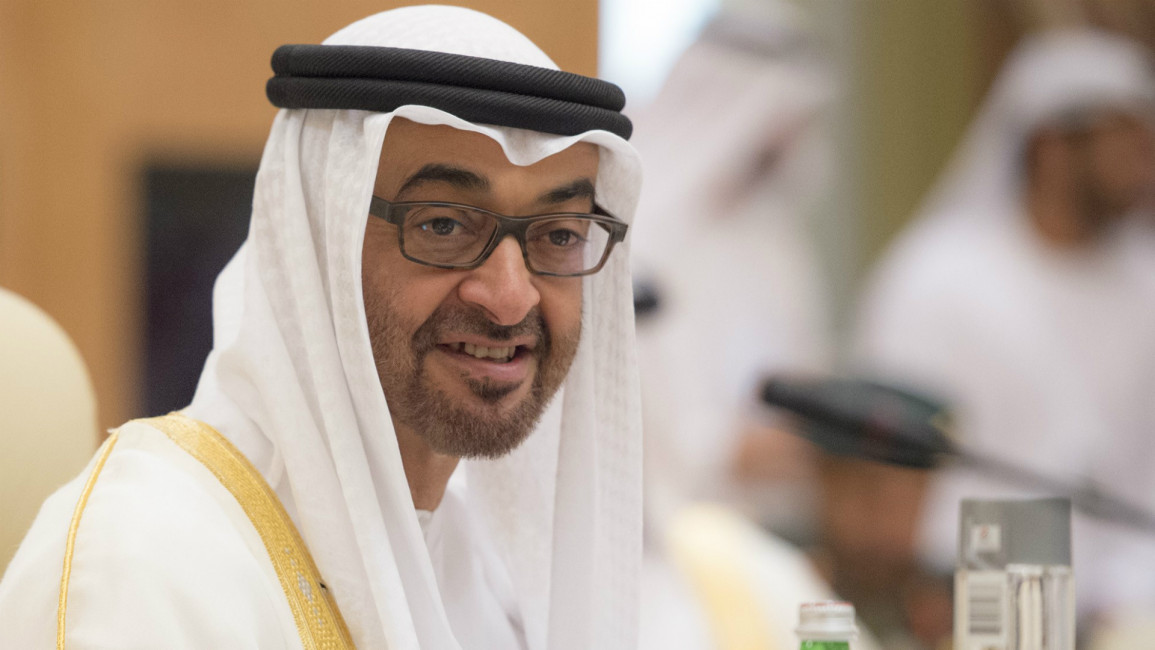UAE Crown Prince suspected to 'open channels between Washington and Moscow'
The UAE crown prince secretly visited then incoming US President Donald Trump for a meeting with several of his aides. There are strong suspicions that he may have facilitated back-channel lines of communication between Washington and Moscow.
Former national security adviser Susan Rice privately told House investigators that she uncovered the identities of senior Trump officials to understand why UAE crown prince, Mohammed bin Zayed al-Nahyan had visited New York late last year, sources told US news network CNN.
Weeks before Trump was sworn into power, Mohammed bin Zayed al-Nahyan visited Trump in New York in December and held meetings with officials close to Trump, including Michael Flynn, his son-in-law Jared Kushner, and his top strategist Steve Bannon, the CNN report alleges.
The UAE had failed to mention to the Obama administration that bin Zayed was coming to the US, despite the fact that it is customary for foreign dignitaries to notify the US government about their journeys.
Rice, who at the time served as President Obama's national security adviser during his second term, told the House Intelligence Committee last week that she had requested the names of the Americans mentioned in the classified report be revealed internally, to decipher who had secretly met with bin Zayed and why.
While some sources claim that the Russia was not mentioned during the three hour meeting between Trump’s aides and bin Zayed, the investigation persists.
Over the summer, a group of hackers stole e-mails from the UAE's Ambassador to the United States account and threatened to release them in full on Saturday, exposing the UAE's ties to Israel and its incitement of anti-democratic movements within the Middle East.
The group, which calls itself "GlobalLeaks" and uses a Russian email account address, told reporters it will release every email in Yousef Al-Otaiba's account.
The hackers claim the full database shows a clear picture of the UAE's lobbying arm and detrimental effects on US interests abroad.
The group said the leaks "reveal how millions of dollars were used to hurt [the] reputation of American allies and cause policy changes," especially in regards to Qatar, Turkey, Israel, Egypt and the Muslim Brotherhood group as a whole.
The e-mails also show a clear picture of the back-channels the UAE ambassador has taken to ensure the UAE's views on the Arab Spring and change in the region are promoted abroad.


![President Pezeshkian has denounced Israel's attacks on Lebanon [Getty]](/sites/default/files/styles/image_684x385/public/2173482924.jpeg?h=a5f2f23a&itok=q3evVtko)



 Follow the Middle East's top stories in English at The New Arab on Google News
Follow the Middle East's top stories in English at The New Arab on Google News


